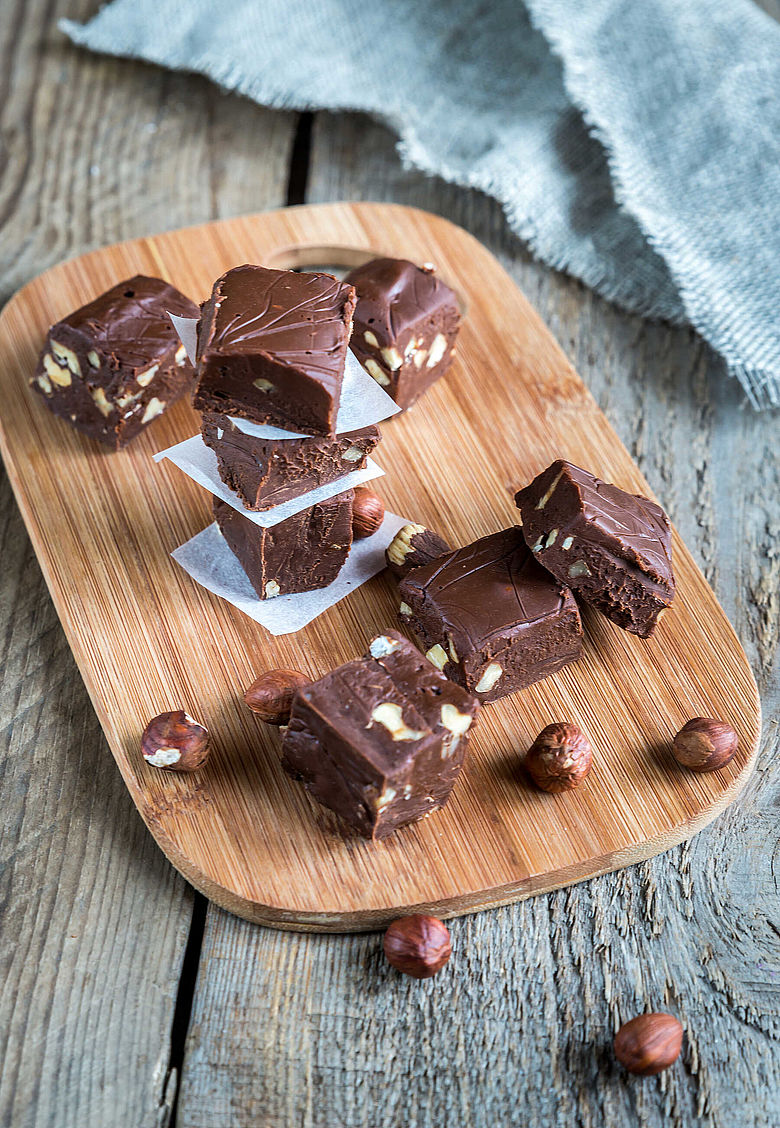You’re not failing. You’re human. And humans? Well, we’re hopelessly dependent on willpower.
Think of it like this willpower is your phone battery; it drains fast, especially when life throws deadlines, kids, or meetings your way. When it’s left unchecked, it dies in the exact moment when you need it most. On the other hand, habits are like wireless chargers for your brain. When they’re established, your choices become healthier and before you know it you are on autopilot choosing apples over chocolate. (Baumeister and Tierney, 2011).
Why Willpower Alone Doesn’t Work
Willpower is the mental fuel that keeps you saying “no” to another row of chocolate. However, it’s short lived and not sustainable. This is called “ego depletion,” which is psychobabble for ‘your self-control gets weaker the more you use it.’ (Muraven and Baumeister, 2000).
· Make dozens small decisions all morning? Your willpower battery is drained
· Get stressed at work or lose sleep? Even a Personal Trainer can cave to chocolate.
· Walk past a brightly packaged snack aisle? You may as well be waving a red flag at a bull.
Willpower works… for a while. However, if you rely on it day in, day out, you’re setting yourself up for a sugar-induced coma.
Why Habits Win
Habits are the secret sauce that turns eating on plan from “ugh, this is hard” to “this is just what I do.”
Your brain has a region called the basal ganglia that develops habits and routines. Once a behaviour is repeated enough, it becomes automatic (Graybiel, 2008). So, no battling with your brain about what to eat. No mental debates at the snack cupboard.
I’ll put it to you like this: if willpower is like trying to push a boulder up a hill every day. Habits is the conveyor belt that does the heavy lifting for you.
How to Build Habits That Stick
Here’s how to turn healthy eating into a superpower:
1. Start Small
Forget completely uprooting your whole life overnight. Make small, specific changes:
· “Add a handful of veggies to every meal.”
· “Swap soft drinks for sparkling water at lunch.”
Small wins are easy to repeat and that’s how habits form. (Fogg, 2019).
2. Anchor Habits to Your Daily Routine
Pair new behaviours with something you already do:
· Prep snacks after your morning coffee.
· Drink water before every snack. These “anchors” turn your reminders into routine behaviour. (Wood and Rünger, 2016).
3. Change Your Environment
Your environment is more important than your motivation:
· Keep healthy snacks visible.
· Remove tempting treats.
Make the healthiest one the easiest choice. (Wansink, 2014).
4. Celebrate Your Wins
Even small wins count. Strive for consistency rather than perfection:
· Eat apples instead of chocolate? Celebrate.
· Choose veggies over chips? Celebrate. Positive reinforcement builds habits. (Skinner, 1953).
5. Plan Like a Pro
Consistency is built inside and outside the kitchen:
· Prep meals and snacks to avoid the temptations.
· Plan portions and the timing of your meals.
This removes “other options” or “wrong food” and makes healthy eating effortless.
Conclusion
Willpower works…in small doses but habits are the magic pill. By starting small, anchoring routines, changing your environment, celebrating wins, and planning, you can make healthy eating automatic.
Build the habits, and your meal plan sticks! Even when that chocolate is whispering in your ear.
References
Baumeister, R.F. and Tierney, J. (2011) Willpower: Rediscovering the Greatest Human Strength. New York: Penguin Press.
Fogg, B.J. (2019) Tiny Habits: The Small Changes That Change Everything. Boston: Houghton Mifflin Harcourt.
Graybiel, A.M. (2008) ‘Habits, rituals, and the evaluative brain’, Annual Review of Neuroscience, 31, pp. 359–387.
Muraven, M. and Baumeister, R.F. (2000) ‘Self-regulation and depletion of limited resources: Does self-control resemble a muscle?’, Psychological Bulletin, 126(2), pp. 247–259.
Skinner, B.F. (1953) Science and Human Behavior. New York: Macmillan.
Wansink, B. (2014) Slim by Design: Mindless Eating Solutions for Everyday Life. New York: HarperCollins.
Wood, W. and Rünger, D. (2016) ‘Psychology of habit’, Annual Review of Psychology, 67,

